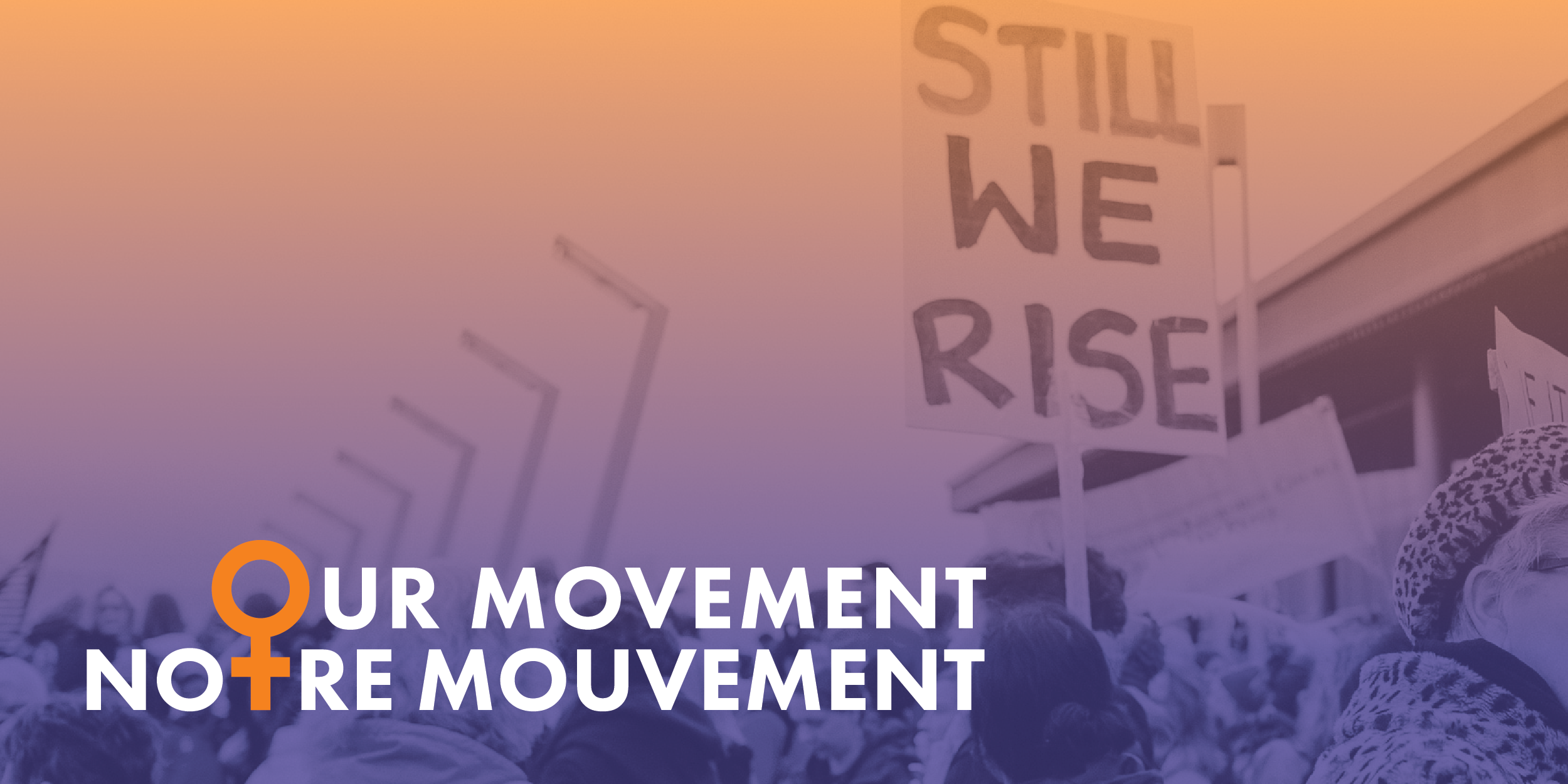Canada’s Liberal government, led by self-professed feminist Justin Trudeau, has made great use of the fact that in a country where more than 50 per cent of voters are women, paying attention to gender equity issues is a win-win. But what does that translate to in real terms? Is there true power-sharing at the federal level? A new NDP-led initiative has been launched with the aim of getting women to up their political game. Our Movement, a series of online workshops targeting progressive women of varied backgrounds and identities, is designed to help participants update their leadership abilities and learn new skills with the view to getting more women involved in electoral politics.
According to MP Niki Ashton (NDP — Churchill-Keewatinook Aski) who spearheaded the project, “It was inspired by the many women and non-binary folks we met through work as part of our leadership campaign and met through other leadership campaigns as part of the NDP.” Ashton says that while they have incredible skills and talent, there are so few who can take those talents to the next level. “I’m used to often talking about encouraging women to run, but there’s almost never a conversation about how to encourage women to manage, to fundraise, to learn about how to organize on the ground.”
The NDP-backed initiative operates on a shoestring budget. “The party really stepped up in terms of creating the platform and in terms of the website. The rest was volunteer time and reaching out to folks to invite them to be part of it,” says Ashton. Running through July and August, Our Movement is taking advantage of the relatively quiet summer months to present its interactive skill-building online seminars.
According to project coordinator Geneviève Nevin, work began on the project in the spring of this year and had its official launch on July 3. “The school was Niki’s idea,” Nevin wrote in an email, the culmination of discussions about the need to see more equity in electoral politics, in particular more non-binary, Indigenous women, Women of Colour and disabled women. As of December 2017, there were 92 women in parliament — a record, but still less than 28 per cent of the 338 seats in the House of Commons. Accordingto Equal Voice, a national multi-partisan organization dedicated to seeing more women in politics, “the United Nations says that a critical mass of at least 30 per cent women is needed before legislatures produce public policy representing women’s concerns and before political institutions begin to change the way they do business.” The global organization Inter-Parliamentary Unionranks Canada 61st in the world for gender parity in government, falling well behind Cuba, Rwanda, Sweden and Finland.
In its 2017 budget announcement, the Trudeau government earmarked billions of dollars to be spent on, among other things, programs to increase the number of women in the workforce and to back what the Toronto Starcalls “a feminist foreign aid agenda” bolstering its claim to be working towards gender parity both politically and economically. Currently over 40 per cent of NDP MPs are women, compared to only 29.5 per cent of Liberals.
Our Movement consists of seven online seminars on such topics as campaign management, media relations, fundraising and issue-based advocacy. The instructors are as diverse as the women Ashton and her team hope will reap the benefits of the program. Fae Johnstone, a transfemine and nonbinary person and an experienced activist and community organizer, is facilitating the Issue Based advocacy workshop. Co-facilitating with Johnstone is Tania Cameron, a member of the Dalles First Nation and a six-term elected Customary Councillor who is currently working on Sheila North’s campaign for the Assembly of First Nations National Chief. The facilitator of the Youth Issues seminar, Bilan Arte, is a Black, Muslim feminist who made history as the first Black woman to be elected as the National Chairperson of the Canadian Federation of Students.
With 250 participants currently registered, the Our Movement online seminars are presenting women with solid tools and strategies for succeeding in electoral politics. “There were people we met with tremendous skills, tremendous talent,” says Ashton. “Why not put together an opportunity to share these talents and build up women and non-binary folks to engage in this kind of work.”





